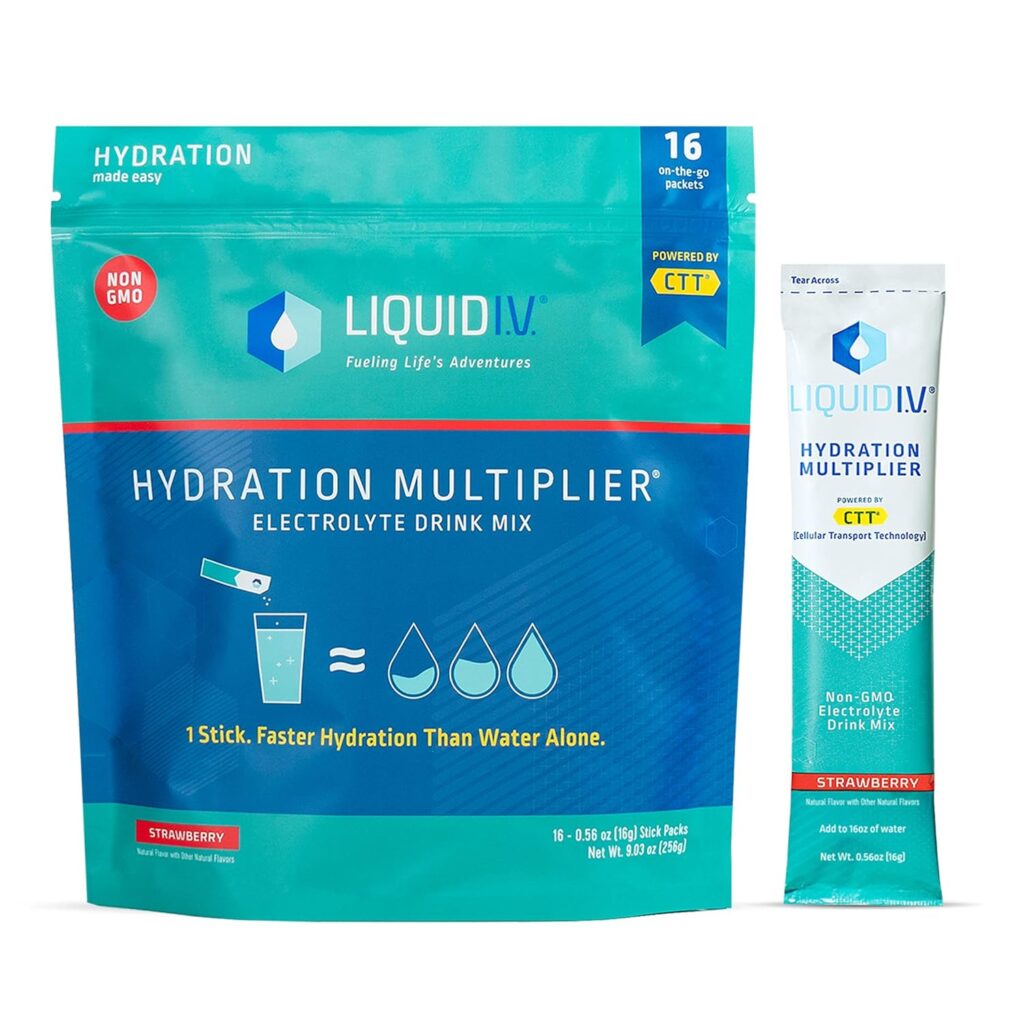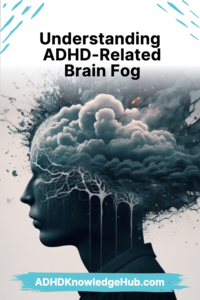Understanding ADHD-Related Brain Fog
When someone mentions ADHD, we often think about hyperactivity or inattention. However, there’s another facet that’s less talked about but just as critical: the experience of brain fog and ADHD. It’s like a thick mist obscuring your thoughts, making it challenging to process information and articulate your feelings.
Demystifying Brain Fog
Brain fog isn’t a medical diagnosis in itself but rather a colloquial term describing a cluster of symptoms. Some researchers describe this feeling as “sluggish cognitive tempo” (SCT). This isn’t necessarily the same as brain fog, but there’s overlap. SCT primarily focuses on cognitive processes slowing down, characterized by dreaminess and mental confusion. Whether you label it SCT or brain fog, the experience is akin to:
- A mental haze, making clarity hard to attain
- Forgetfulness and mind-wandering
- A sensation of being detached from the present moment
- Difficulty concentrating and a pronounced drop in motivation
- Feeling overwhelmed by tasks that once seemed simple
The Relationship Between ADHD and Brain Fog
While ADHD is widely recognized for its hyperactive and inattentive symptoms, many aren’t aware of its association with brain fog. The two are intertwined in intricate ways. ADHD emerges from a unique brain development trajectory during early years. It’s not just about being hyperactive or lacking focus. It encompasses a spectrum of symptoms, many of which resonate with what we understand as brain fog.
Common Triggers & Causes
Lifestyle Factors
Stress, late-night binge-watching, caffeine overload, and overworking. They seem harmless, but cumulatively, they’re the perfect recipe for cognitive chaos.
Medication Concerns
While medications were my saviors, some brought uninvited guests—like brain fog. Finding that sweet spot is crucial, balancing relief from ADHD symptoms and minimizing side effects.
Other Health Conditions
It wasn’t just ADHD. Other underlying conditions—like vitamin deficiencies or thyroid issues—can exacerbate brain fog.
Brain Inflammation: The Overlooked Connection
Brain fog might also relate to neuroinflammation, where the brain or spinal cord experiences inflammation. Intriguingly, inflammation seems to play a pivotal role in ADHD. Factors such as early pollutant exposure, like cigarette smoke, known for causing inflammation, could elevate ADHD risk in younger individuals. Those with ADHD frequently show higher cytokine levels—proteins signalling inflammation. Such inflammation might compromise attention, slow reaction times, and disrupt working memory. It’s a burgeoning field, and as we uncover more, the intricate relationship between ADHD, brain fog, and inflammation becomes more evident.
The Power of Hydration
Our brain’s performance hinges on several factors, and hydration stands out as a crucial one. Symptoms akin to brain fog, like impaired memory and reduced attention span, become pronounced when dehydrated. Drinking ample water can swiftly alleviate these issues. Especially for those with ADHD navigating the maze of brain fog, staying hydrated can be a tangible, effective remedy.

Liquid I.V. Hydration Multiplier – Strawberry – Hydration Powder Packets | Electrolyte Drink Mix | Easy Open Single-Serving Stick | Non-GMO | 16 Sticks
ADHD’s Complex Dance with Sleep
ADHD doesn’t just affect attention or activity levels; it plays a significant role in sleep patterns. A disrupted sleep cycle can amplify brain fog symptoms, making clear thinking an uphill battle. Addressing sleep disturbances can break this cycle, enhancing daytime function and cognitive clarity.

LectroFan EVO Guaranteed Non-Looping Sleep Sound Machine with 22 Unique Fan Sounds, White Noise Variations, and Synthesized Ocean Sounds, with Sleep Timer
Moving Through The Fog: The Role of Exercise
Regular physical activity can work wonders for cognitive function, especially for those with ADHD. Exercise seems to invigorate executive function, which is vital for tasks like memory and focus. Various exercises, from cardio routines to more mindful practices, can help pierce the brain fog, offering immediate and enduring cognitive advantages.

YOSUDA Indoor Cycling Bike Brake Pad/Magnetic Stationary Bike – Cycle Bike with Ipad Mount & Comfortable Seat Cushion
Strategies to Navigate ADHD-Induced Brain Fog
- Medications: Some conventional ADHD treatments might help alleviate brain fog. However, it’s vital to collaborate with healthcare professionals, as some drugs might exacerbate mental fatigue.
- Lifestyle Adjustments: From maintaining hydration to optimizing sleep and engaging in regular exercise, lifestyle modifications can be powerful allies against brain fog.
- Embracing Mental Techniques: Have you ever tried “box breathing” or “4-7-8” breathing exercises? When the fog thickens, these quick techniques have been known to work. They’re free and need no equipment.
- Daily Routines & Habits: Routine was my anchor. Allocating specific hours for tasks, including relaxation and sticking to them, provided clarity.
In Conclusion
ADHD and brain fog are intertwined in complex ways. Several factors play into this relationship, from inflammation to sleep disruptions and hydration. Recognizing these and adopting holistic strategies can pave the way for clearer thinking and improved quality of life.
FAQs
- What is sluggish cognitive tempo (SCT)?
- SCT is a concept that describes slowed-down cognitive processes. Some believe it’s a subset of ADHD, while others see it as distinct.
- Can hydration influence brain fog?
- Yes, dehydration can exacerbate brain fog symptoms, and staying hydrated can help alleviate these.
- How does exercise impact ADHD and brain fog?
- Regular physical activity can enhance cognitive function, mainly executive functions like focus and memory.
- Does sleep quality affect ADHD-related brain fog?
- Absolutely. Disrupted sleep can amplify brain fog symptoms in ADHD individuals.
- Can ADHD medications lead to brain fog?
- Some ADHD medications might cause side effects resembling brain fog. It’s essential to consult with a healthcare professional regarding potential effects.

*We may earn a commission for purchases made using our links. Please see our disclosure to learn more.





Comments are closed.